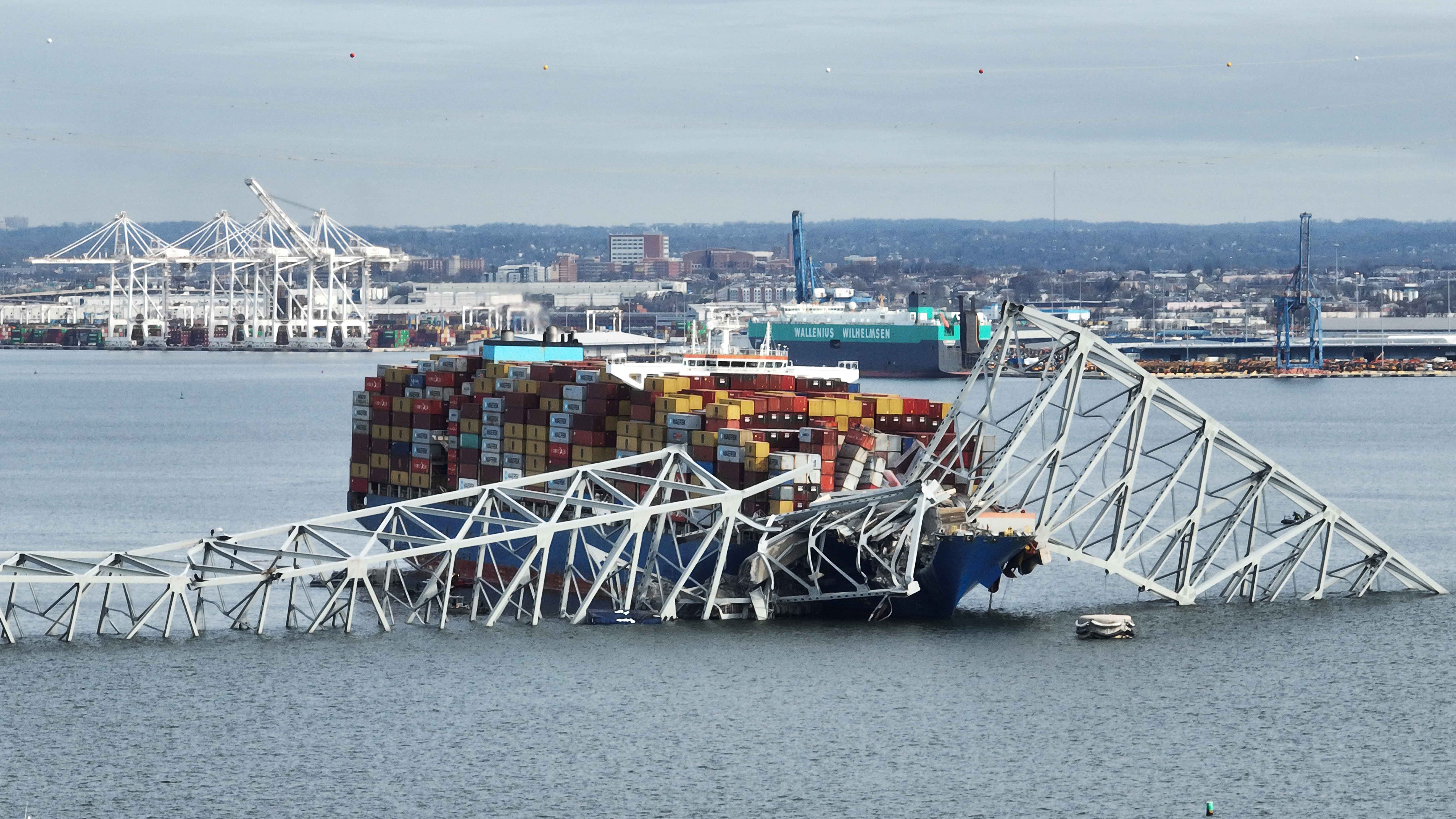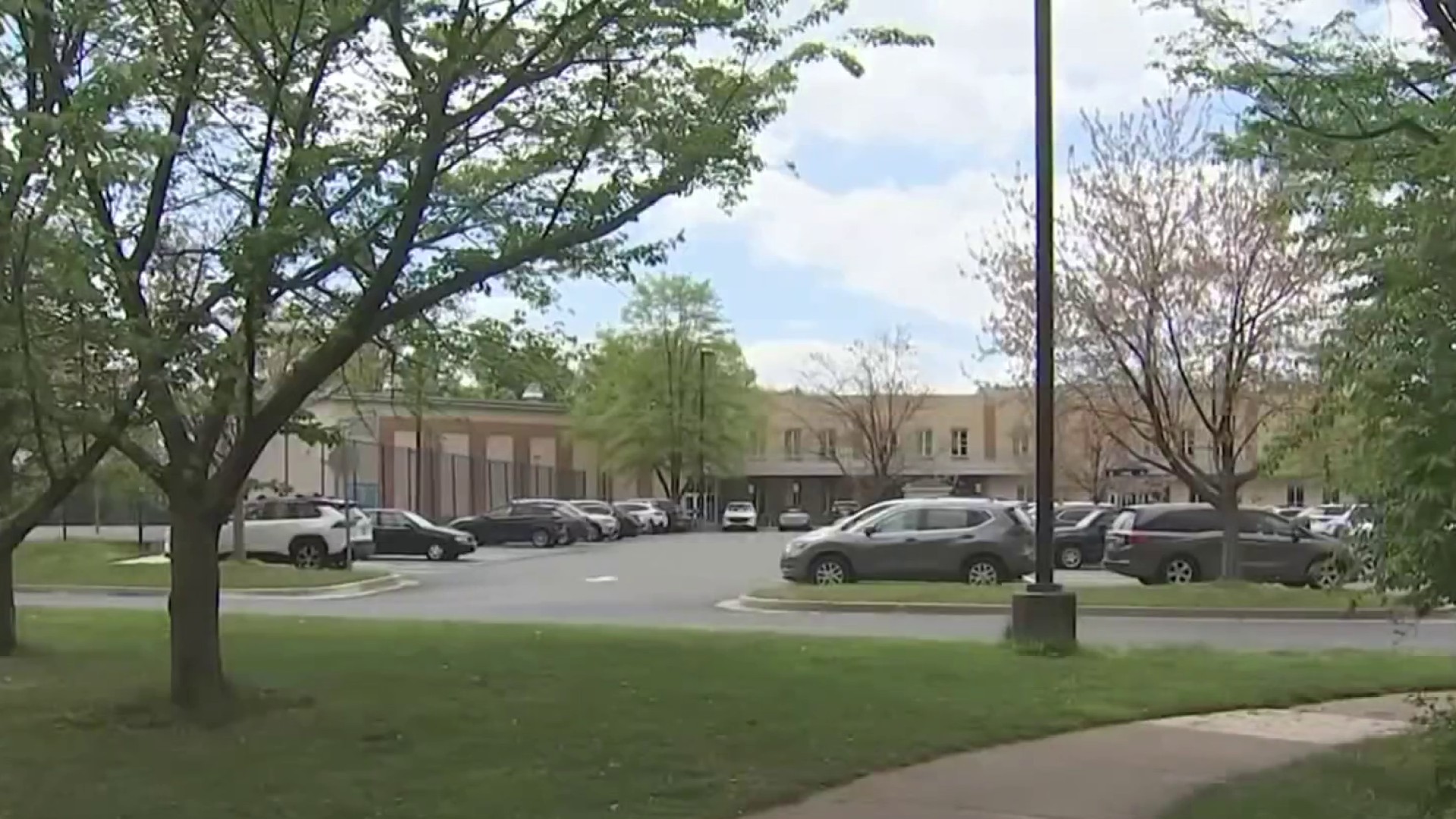The U.S. Attorney's Office determined there is insufficient evidence to charge a D.C. police officer who shot and killed an unarmed black motorcyclist in September, but the police department has asked the officer to resign, according to the mayor.
D.C. Police Officer Brian Trainer shot 31-year-old Terrence Sterling in northwest Washington Sept. 11. Police said Sterling intentionally drove his motorcycle into the door of an officer's cruiser blocking his path.
Witnesses have disputed the police department's account of the incident and said the crash was unavoidable.
The U.S. Attorney's Office found there was not enough evidence to prove beyond a reasonable doubt Trainer violated Sterling's civil rights by using unreasonable force, had criminal intent when he shot Sterling or was not acting in self-defense, according to the U.S. Attorney's Office.
Mayor Muriel Bowser released a statement saying the Metropolitan Police Department asked for the officer's resignation.
"Without accountability in this case, we break trust with our community–rendering the District and MPD less safe and less strong," Bowser said. "I do not believe there can be real accountability if the officer remains on the force."
Local
Washington, D.C., Maryland and Virginia local news, events and information
Following the decision by U.S. attorney, D.C. police has 90 days to review the incident to see if department policies were violated, Bowser said.
"The Internal Affairs Bureau was prohibited from conducting its administrative investigation while the case was being reviewed by the United States Attorney’s Office," a statement from the police department said. "When the Internal Affairs Investigation is completed, the case will be submitted to MPD’s Use of Force Review Board for an evaluation to determine if any departmental rules or policies were violated."
A review of the incident by the U.S. Attorney's Office and the Metropolitan Police Department found that at about 4:20 a.m. on Sept. 11, Trainer and his partner were stopped at a red light on U Street at 15th Street in Northwest when Sterling pulled in front of their cruiser and briefly stop before speeding off through the red light, according to the U.S. attorney. The officers turned on their emergency lights and siren and pursued Sterling.
The officers lost sight of Sterling at times, but other officers and civilians saw him riding at speeds estimated at 100 mph, running red lights and nearly hitting another police cruiser, according to the U.S. attorney.
The pursuit continued for several minutes and covered about 25 blocks until Sterling stopped at Third and M streets NW and the officers pulled into the intersection to partially block Sterling's path, according to the U.S. attorney.
[[238427591, C]]
Trainer drew his weapon and opened his door. Evidence shows Sterling accelerated toward the passenger side, hitting the door as the officer was getting out, the U.S. attorney said.
Trainer reacted by firing two rounds through the front window, according to the U.S. attorney.
Sterling was taken to Howard University Hospital, where he was pronounced dead.
Sterling, who was from Fort Washington, Maryland, died of wounds to the neck and back, according to the city's chief medical examiner. Toxicology results found Sterling’s blood alcohol content was 0.16, twice the legal limit.
Trainer was wearing a body camera at the time but didn't turn it on until after the shooting.
"As I said at the time and I say again today: It is unacceptable that in this incident, the officer failed to activate his body-worn camera in violation of MPD policies," Bowser said in her statement.
In the wake of Sterling's death, Bowser ordered tighter protocols for when officers activate their cameras, and the department doubled its number of body cameras.
House Delegate Eleanor Holmes Norton said the chase also violated policy.
"There was no need for the police to engage in this vehicle chase, which violated MPD policy, and, as a result, we tragically lost another young African-American man in a police shooting that should have been avoided," she said in a statement.
A spokesperson for the D.C. Police Union issued the following statement:
"Anytime a police, citizen encounter results in the loss of life it is regrettable. This is why accountability procedures such as Judicial and Departmental review are so important.
"In this instance the Judicial review has come to a close and an empaneled Grand Jury made up of the citizens of the District of Columbia have found this officers actions to be justifiable.
"As always the D.C. Police Union supports our members, and will continue to protect our members rights though the remainder of the investigative process.
"With the conclusion of the judicial process, the Department is now responsible for completing an administrative investigation and the D.C. Police Union and the affected member will fully cooperate with all steps of that process."
Lawyers for Sterling's family filed a $50 million lawsuit against the District and Metropolitan Police Department in Superior Court.
The evidence considered in the review of the incident incuded law enforcement and civilian witness accounts, photographs, diagrams, physical evidence, 911 calls, radio runs, D.C. Department of Transportation video, closed circuit television video, MPD photo radar footage, cellphone video, body-worn camera footage, law enforcement agency reports from MPD and the FBI, MPD general orders, accident reconstruction reports, speed analysis data, reports from D.C. Fire and EMS, and Sterling's autopsy.



